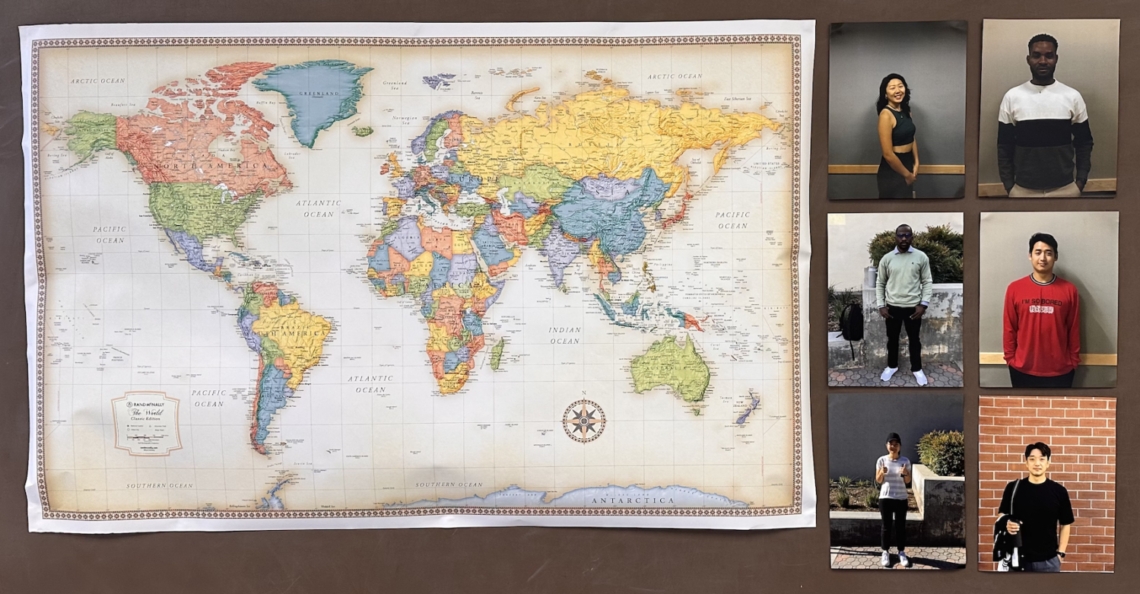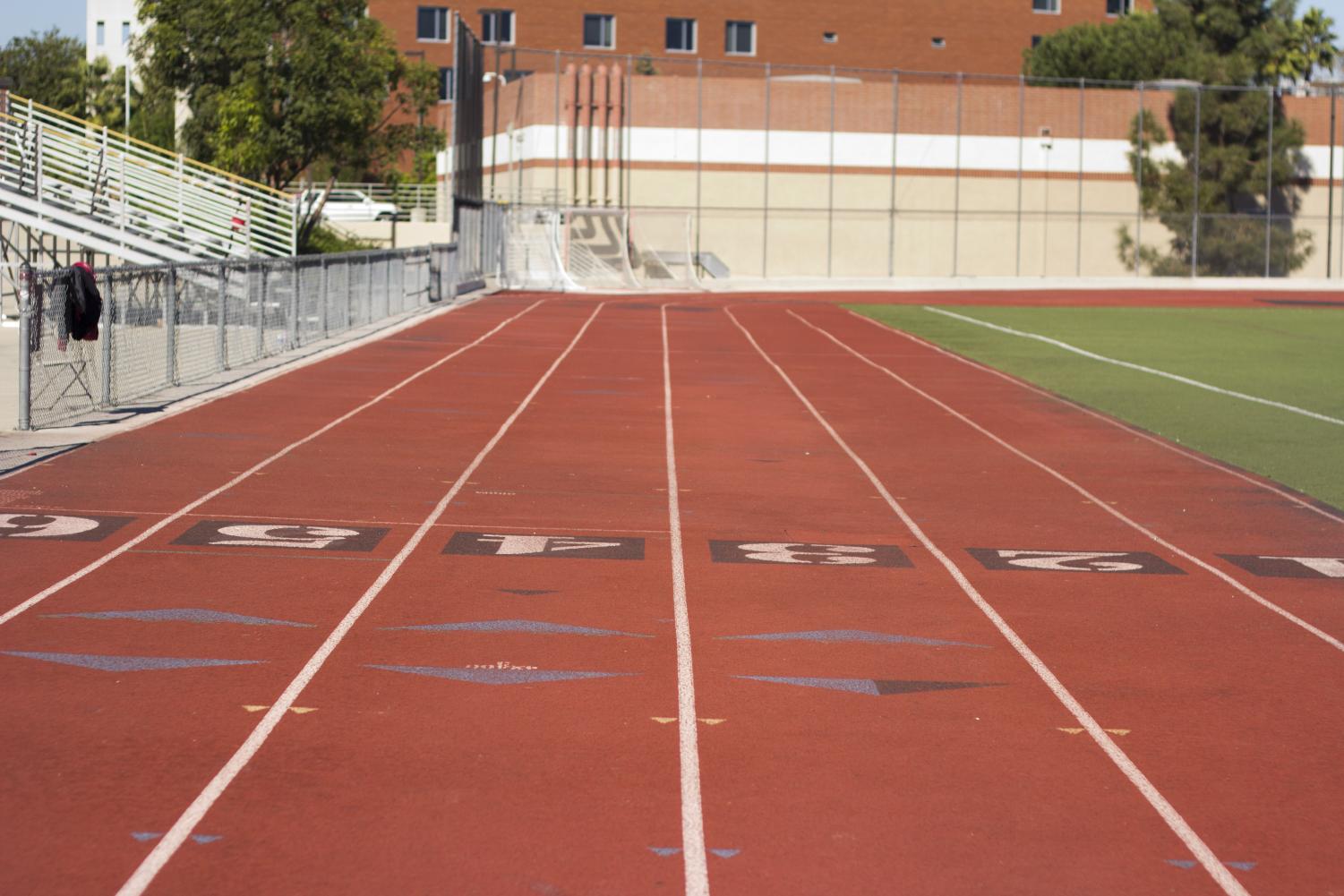Writer: Hannah Larson
Introduction
These are the stories of nine Biolans from three continents — Asia, Africa and South America — who left their home countries to study here in La Mirada, CA. The international students I interviewed explored a variety of themes, including culture shock, the struggle of a language barrier and the challenges of navigating cultural differences between their home countries and Biola. Some shared stories of arrogance, cultural insensitivity and racism they encountered at Biola. Many also discussed the beauty of their home cultures, described positive experiences at this university and reflected on God’s goodness throughout difficult seasons of adjustment.
These stories are not representative of all international students’ experiences at Biola, and they should not be generalized to the whole global student population. They are a glimpse into nine students’ lives and a brief snapshot of their home countries, languages and cultures. My desire is that this collection of stories honors these international students. I hope it also encourages Biolans to consider where we do well and where we fall short in respecting people from different cultures at this university. May these students’ reflections drive all Biolans, myself included, to cultivate a genuine appreciation for others’ cultures and treat people from all backgrounds with dignity and respect.
Janna Christian, the administrative coordinator for Global Student Programs and Development (GSPD), listed a variety of services available for global students. In an email, she explained that Biola’s International Admissions team is in touch with international students prior to their arrival in the United States, and GSPD works with global students after they have landed in Los Angeles…

“There is a cultural lack of respect in the U.S. Everyone seems to have a sense of entitlement. A person thinks they are entitled to be arrogant, entitled to be disrespectful and just be their own god. There is no humility.”
Alice Wilberforce is a third-year Ph.D. student in educational studies who has been in the United States for four years. She grew up in Jen, a village of Karim Lamido Local Government Area in Taraba, a state in northeast Nigeria. She was raised in a Christian family during the mid-1970s as the sixth oldest of nine brothers and seven sisters. Her mother passed away when Wilberforce was almost six years old…
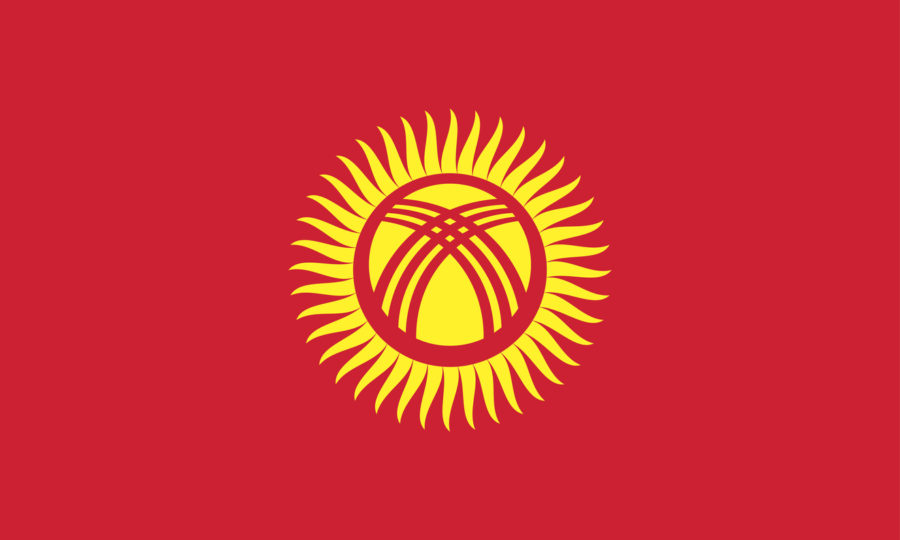
“It’s been a journey for sure over the past four years, but I feel like I brought a certain culture with me into the culture that was here. And it took me a while to wrangle, to blend them together or to figure out where I was. Every Third Culture Kid goes through that process.”
In the Kyrgyzstan village where Aspen Haw, 22, grew up, her neighbors’ chickens often flew into her family’s yard; occasionally, an unruly goat would jump over the fence. Haw’s family worked as missionaries in Kyrgyzstan for 16 years. Haw was born in California, moved to central Asia at age two and lived in a village in Kyrgyzstan with her family for 11 years before moving to the capital city, Bishkek. The Haw family lived there for five years…
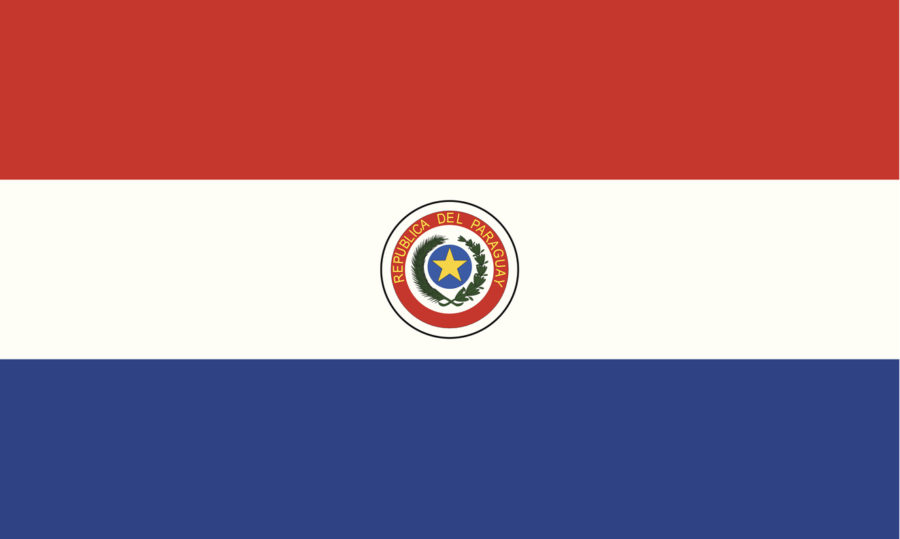
“I never intended to come here; I just felt a strong calling from God to come here. I took small steps of faith and came to the U.S.”
Carolina Mussi lived in Paraguay’s capital city, Asunción, until she came to the United States for her undergraduate degree. She spent one year in North Carolina and three years in Kansas majoring in diabetics and nutrition. She then returned to Paraguay and worked as a nutritionist for two years. When she became a Christian in Paraguay, Mussi said her desire for her life began to change and she wanted to help people grow in their walk with Jesus…

“We’re friendly, and we want to share smiles. We want to be connected!”
Jesslyn Sudarta, a senior liberal studies and multidisciplinary major, grew up in Indonesia and has a Chinese-Indonesian heritage, which she describes with the portmanteau “Chindo.” Sudarta’s great-great grandparents immigrated to Indonesia from China, and Sudarta speaks Indonesian as her first language.
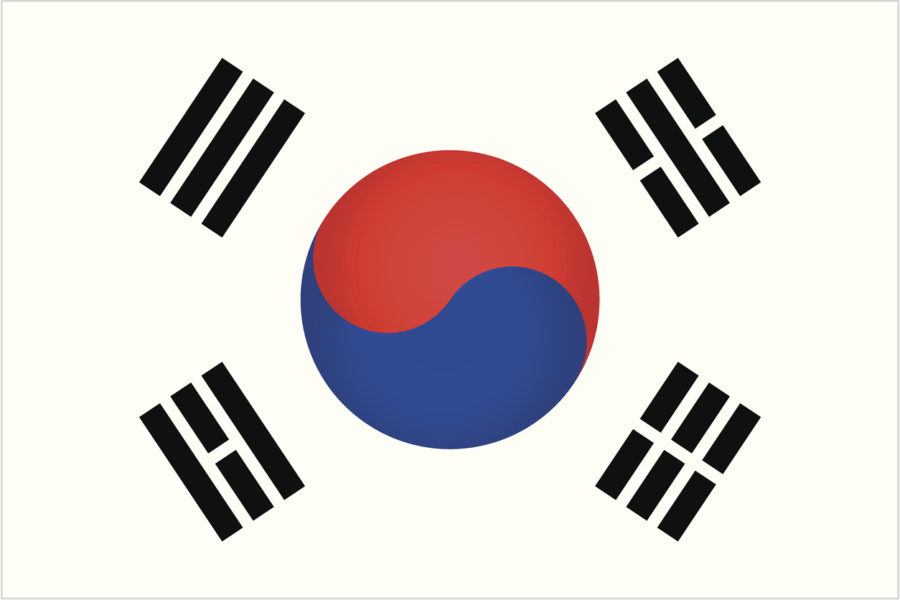
“It is not easy. Finance, culture shock, languages, homesick, feel alone. Sometimes I feel frustrated about the finance and the busy life.”
One of the things that surprised Joshua (Janghyeok) Kim the most when he came to Biola from Seoul, South Korea was the individualistic mindset that he said pervades the university and, to some extent, the whole of American culture. In the United States, Kim said, even going out to a restaurant with friends requires prior scheduling rather than being a spontaneous group activity…
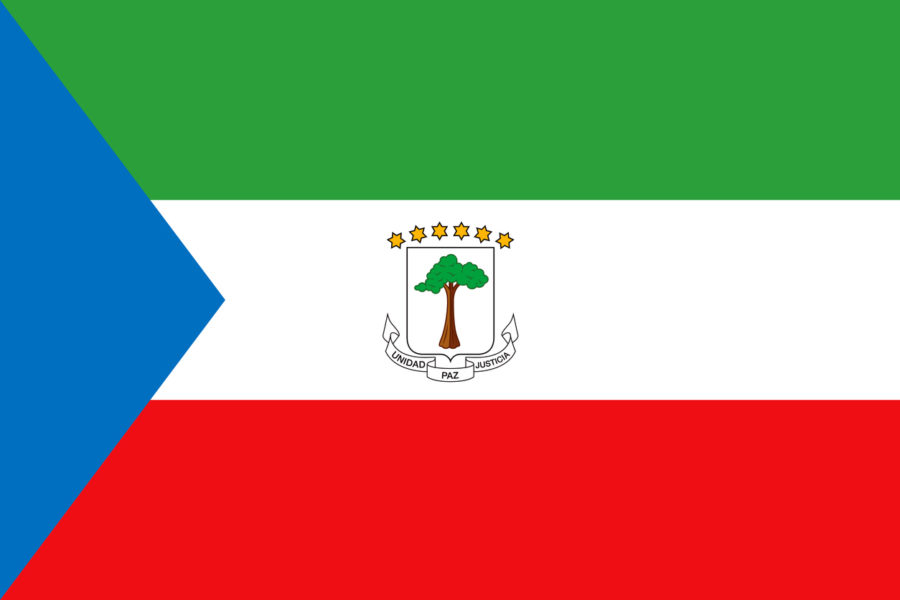
“ I said, ‘God, if this is the best moment for you to give me the visa to go to study in the United States, you will do it.’ I went to the embassy with all my faith and they gave me a visa.”
Juan Manuel Nzamio Mba Andeme was born in the village of Mitom in Equatorial Guinea. He grew up in a big family — his father had 15 children and Andeme was the youngest. He is the only one of his siblings to study in a university. Andeme explained that there were over 100 scholarships from China available to students in Equatorial Guinea, and he was one of the people in his village to get a scholarship. After passing a test, he went to China to study on a full scholarship, with tuition fees and living expenses covered…
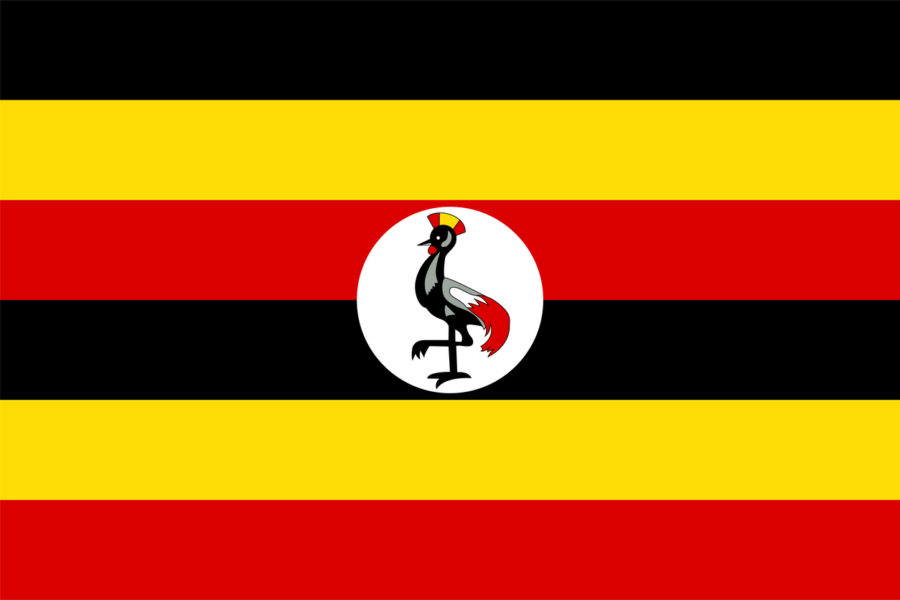
“Americans don’t have a culture apart from being self-centered.”
Perez Balikuddembe, a student in the Crowell School of Business studying for his Masters in Business Administration, is the first person in his family to attend graduate school. Balikuddembe is from the central region of Uganda, a nation comprised of 54 tribes. In 2017, he completed his undergraduate degree in community psychology at Makerere University, a highly ranked school in Uganda that he described as the “MIT of Africa.” Then, he received an offer from a British banking institution in Uganda and worked there over six years…
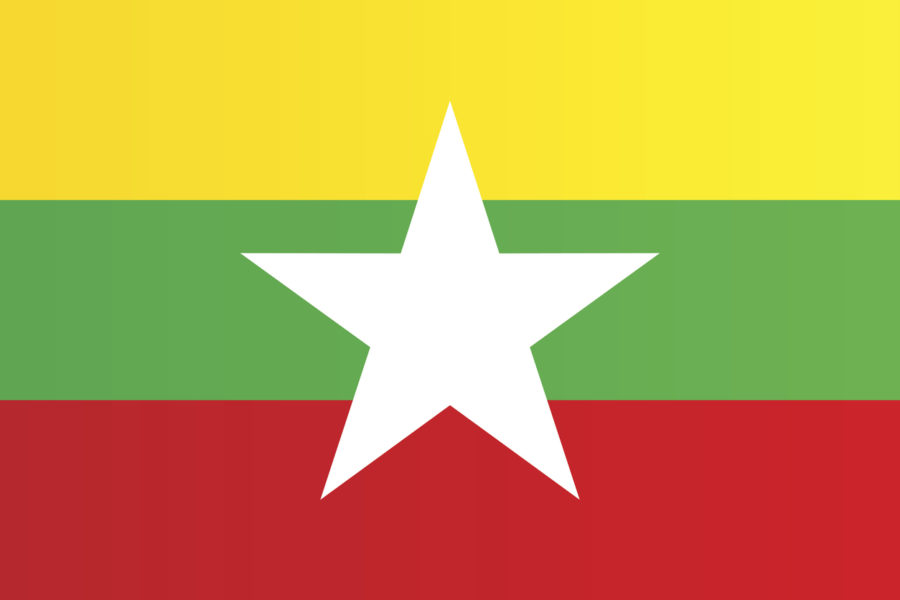
“Because of the sanctions in Myanmar, [the process] was very hard. But God gave me the visa.”
When missiology major Yaw Bay, 33, landed in the United States after his first-ever airplane flight, his first hurdle was learning how to cross the street. Bay, who grew up in a village in Myanmar’s rural countryside with no electricity, traffic signs or cars, was understandably bewildered by Los Angeles traffic. He stood on the sidewalk for over 20 minutes before a man showed him which button to press for the crosswalk sign to light up so he could walk across the road…

“Every time I think about my culture, I think about how to contribute to Biblical interpretation as a Chinese scholar, because the Eastern church and the Western church are different.”
Zihan Xu, a fourth year Masters of Divinity student, was born and raised in China before moving to the United States alone during high school. Xu’s parents divorced when she was around 3-years-old; when she was12, her mother remarried. She has a stepfather and two younger half-brothers, a family dynamic which impacts Xu’s views on encouragement and excellence…
To Alice, Aspen, Carolina, Jesslyn, Joshua, Juan, Perez, Yaw and Zihan: Thank you for sharing your stories and for giving the Biola community a glimpse into your lives as global students. Thank you for introducing me to new cultures, languages and customs and for teaching me what your cross-cultural experiences have been like here on campus.
To Janna and the GSPD team: Thank you for welcoming global students to Biola and for telling me about the many ways you serve international students and celebrate their cultures well.
To all of us:
“He has shown you, O man, what is good. And what does the Lord require of you? To act justly, and to love mercy, and to walk humbly with your God.” Micah 6:8
